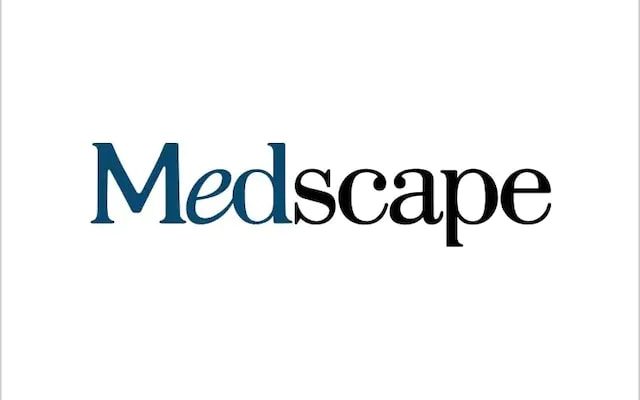(Reuters) – Gilead Sciences Inc is headed to trial in Delaware federal court this week to fight claims that it owes the U.S. government a share of multibillion-dollar profits from its HIV-prevention drug regimen.
The government is seeking more than $1 billion from Gilead for allegedly failing to compensate the Centers for Disease Control and Prevention (CDC) for discovering that Gilead’s HIV-treatment drug Truvada could help prevent the disease.
Jury selection starts on Tuesday in the case, which marks one of the first times the U.S. government has sued a drug maker to enforce its patent rights.
Foster City, California-based Gilead collaborated with the CDC in the mid-2000s to test if Truvada could prevent HIV as well as treat it.
The government received four patents for HIV prevention drug regimens that CDC researchers invented. Its lawsuit claims the patents also cover Gilead’s pre-exposure prophylaxis (PrEP) drug regimen for lowering HIV infection risk.
The U.S. Food and Drug Administration approved Gilead’s Truvada for HIV prevention in 2012 and approved its related drug Descovy for the same purpose in 2019.
Gilead made more than $2 billion last year from worldwide sales of Truvada and Descovy, according to a company report. Descovy, which earned Gilead over $1.8 billion last year, is its fourth-best selling drug behind the HIV drugs Biktarvy and Genvoya and COVID-19 treatment Veklury.
The federal government sued Gilead for patent infringement in 2019, claiming Gilead “exaggerated” its role in developing PrEP, ignored the CDC’s contributions and refused to license the CDC’s patents.
Gilead has denied the allegations and argued the patents are invalid. In parallel to the jury trial, Delaware U.S. District Judge Maryellen Noreika will separately consider Gilead’s argument that the patents are unenforceable based on government misconduct.
Another court decided in a separate lawsuit last year that the government breached research agreements with Gilead by applying for the patents without giving sufficient notice.
The damages in that case have not yet been determined but could offset any award the government wins in the infringement lawsuit.
(Reporting by Blake Brittain in Washington; Editing by David Bario and Josie Kao)
Source: Read Full Article
